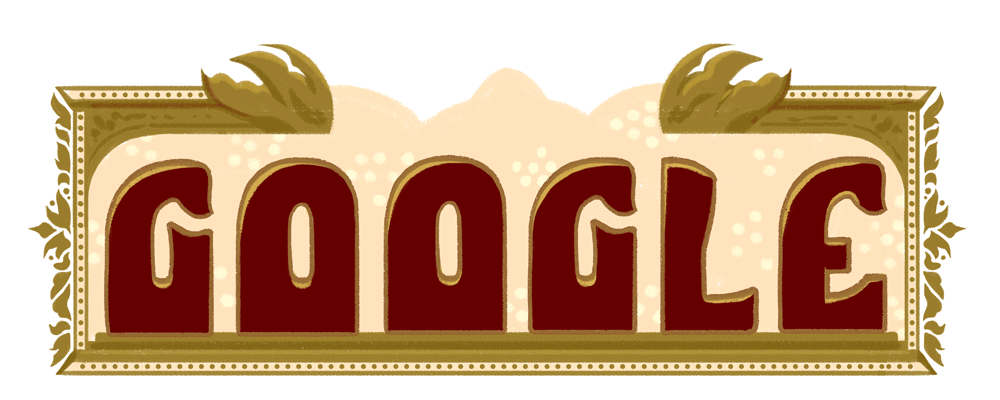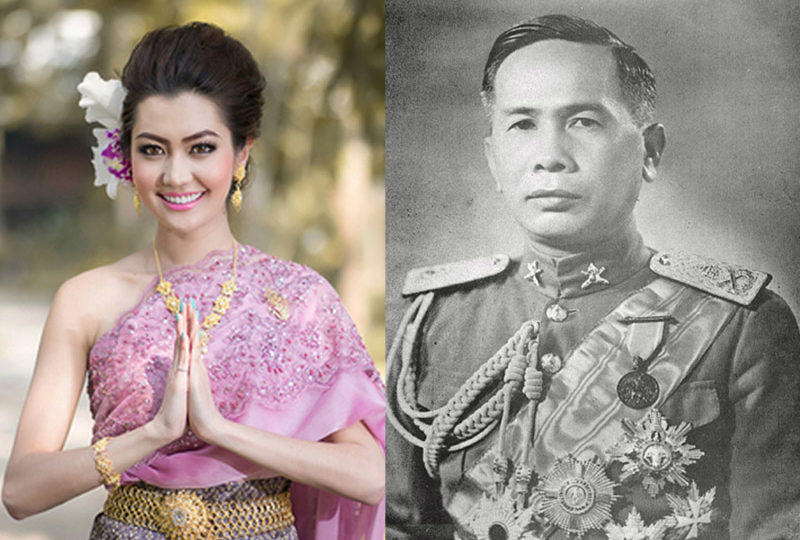The wai and its spoken counterpart sawasdee, a beautiful and gracious tradition widely associated with Thailand, is being celebrated today by tech giant Google for being “adopted” this day in 1943.
“Known as the ‘Land of a Thousand Smiles,’ Thailand is world-renowned for its friendly people and gracious hospitality,” Google’s announcement reads. “Today, sawaddee can be heard across the country—from the idyllic beaches of the south, to the temples of the mountainous north, and everywhere in between—epitomizing the welcoming spirit of Thailand.”
By “adopted,” Google of course means unilaterally imposed by fiat on the populace by then-dictator Plaek Phibunsongkhram, who wielded absolute power to drag Thailand, if not kicking and screaming, then wai-ing and sitting, into the modern era.
As part of his Thai Cultural Revolution, he changed the nation’s name from Siam to Thailand and famously passed laws requiring Thais sit in chairs, men wear pants, and women kiss their husbands goodbye.
Before that, Thais greeted each other however they wanted. That included “How are you?” “Have you eaten?” and “Where did you go?”
Plaek is a complicated figure – he was a leader in the revolt that overthrew absolute monarchy in 1932 before going on to embrace fascism, Mussolini and Imperial Japanese occupation.
On Jan. 22, 1943 he issued the following decree:
“The Prime Minister has considered the matter and believes that in order to enhance the honor of our people and the nation, and for the Thais be praised as a civilized people, and as speech reflects the one’s mentality; therefore, the order has been given to strongly urge all public servants to say ‘sawasdee’ to one another when meeting the first time every day. Doing so will foster friendship and instill the habit of speaking only auspicious words. In addition, public servants must advise those in their households to also use the phrase sawasdee.”

He was ousted a year after mandating the Sawadee greeting as Japan crumbled and the Thai underground resistance movement grew in power. Following the final routing of the Axis powers he adored in World War II, Plaek returned to power with a newfound enthusiasm for democracy and ruled another nine years.
The word sawasdee, derived from svasti (“well-being” in Sanskrit) was invented in the mid-1930s by Chulalongkorn University professor Nim Kanjanajiva, aka Phraya Upakit Silapasan.
It got Plaek’s attention, and the rest is history.
But if the world’s most powerful arbiters of knowledge want to whitewash history, who are we to argue?
Related:
Going Down: All the times farangs were forced into humiliating apologetic ‘wais’





Reader Interactions